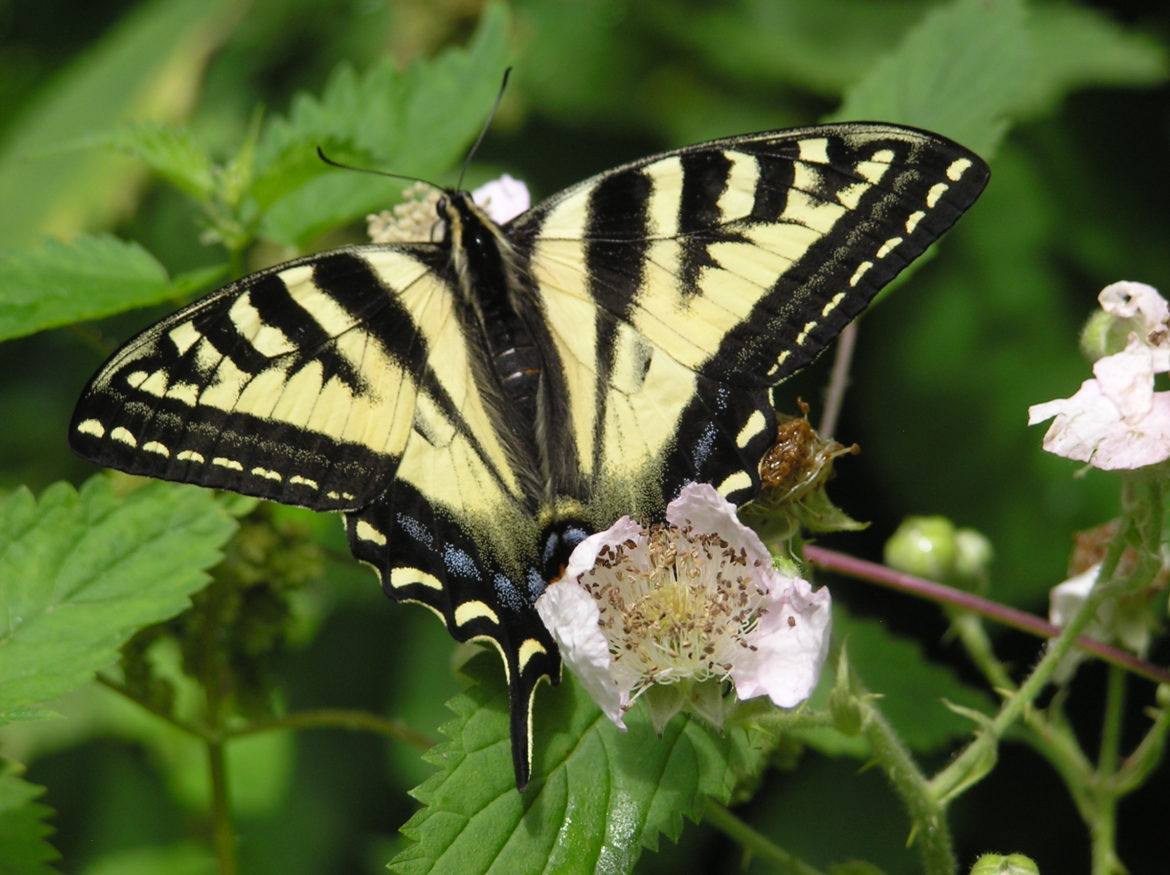Summer for me is always a season of radical hospitality. It is also one of the cornerstones of the life of Christ and his legacy to us his followers. So after the isolation of the last couple of years, it seems like a tidal wave of events, shared meals and afternoon teas are in front of us. What fun!
In preparation for the season, I have been reading back through some of the posts contributed by many of our authors over the last few years. I started with our quite impressive hospitality reading list but soon found myself immersed in the rich array of information shared, including some wonderful recipes. As I do so I find myself saying – Oh I forgot that, and Wow that is inspiring, or I want to share that again. And guess what? That is exactly what I plan to do. Over the next few weeks we will be reposting a number of posts, some of which have not seen the light of day for seven or eight years, and that I think is a feat in itself. To get us started, I have adapted one of my favourite hospitality posts from 2014. I hope you enjoy this reposted version as much as I did.
Several years ago, I spoke at a seminary class about spirituality and gardening. It was a fun class, but one question asked by a student kept intruding in my mind. Didn’t God curse the creation after the fall? he asked, implying that it no longer reflected the glory of God and that we no longer needed to respect and look after it.
As I read through Genesis 3 which is the basis for this belief, I am struck by God’s amazing care for the humans who disobeyed him. Yes the ground was cursed (Gen 3:17-19), but it was not God who cursed it, it was the consequence of Adam’s sin. The natural created world was somehow affected by the human fall into sin and is therefore no longer paradise. Brambles and weeds grew. Human toil to produce food and care for creation increased. Nowhere however is there any implication that we are absolved from our responsibility to care for creation.
That summer I contemplated the thorns, the thistles, and the weeds that we all think of as part of the consequences of the human fall. Some of them produce the most delicious and nutritious food we can eat, as we can see in this video
Take the humble dandelion for instance. Its leaves are often used in salads. Its root for medicinal tea and its flowers in jams and jelly. It helps break up the soil and draws nutrients up from deep within the soil. It is an amazing and valuable plant. Read more about dandelions and links to recipes here
Then there is the blackberry which grows wild prolifically throughout the Pacific NW. It may be a pest, and I know it chokes out many smaller native plants, including the native blackberry, but its fruit blesses us with delicious pies and jams, and the birds butterflies and bees love them too. Every year in August Tom and I used to travel to Mayne Island, Canada with our Canadian friends Tom and Kim Balke, for a few days holiday. One of the delights of our trip was picking blackberries and wild apples to make blackberry apple crumble.
Snails are another pest that can be a delicacy for many. Ironically some people love escargot and spend big bucks to buy them and then complain about the snails that destroy their gardens.
And in many Asian countries, tarantulas, crickets and ants are all considered delicacies.
Native peoples are all very well aware of the wild hospitality of God and many other foragers have joined them in enjoying the rich harvest that the earth provides. Here in the Pacific NW salmonberries, native blackberries, huckleberries and elderberries are but a few of these delights. Then there are the mushrooms – chanterelles are our favorites but I love it when friends bring us morels, lion’s mane and other delectable edible fungi straight from the forest.
It seems to me that part of the curse we suffer from is our inability to recognize the abundance and hospitality of God in the garden that is our earth. God is a generous God who invites us to a banquet feast, not just in the eternal world to come but here in this world too. Often all we need to do is reach out and recognize the gift and accept God’s amazing hospitality.
So take a walk around your garden or the closest nature reserve to your home. What “pests” do you see that really are part of the abundance of God?
 It’s almost time to choose a winner! Will it be you? If you haven’t entered yet, click here for details on how to enter and get bonus entries. It’s like getting extra raffle tickets – but for free! Christine Sine is giving away two copies of her newest book, Digging Deeper: The Art of Contemplative Gardening. Winner will be announced at the Digging Deeper Webinar on June 25th!
It’s almost time to choose a winner! Will it be you? If you haven’t entered yet, click here for details on how to enter and get bonus entries. It’s like getting extra raffle tickets – but for free! Christine Sine is giving away two copies of her newest book, Digging Deeper: The Art of Contemplative Gardening. Winner will be announced at the Digging Deeper Webinar on June 25th!



2 comments
Maybe we need to discover what Irenaeus discovered before Augustine when interpreting Genesis 3 . We are familiar with the common view of Augustine: command; disobedience; sin; judgement; curse; alienation an the two inherent ideas ‘original sin’ and ‘total depravity’. Irenaeus had a gentler interpretation before Augustine: human action has damaged humanity and creation & Christ came to repair us and creation: “Salvation, in this sense, is the slow healing that God brings to a harmed creation by calling us to be more creaturely than we even have known how to be.” https://www.patheos.com/blogs/thediagonalway/2022/01/irenaeus-and-the-slow-love-of-god/
Much prefer Irenaeus’s interpretation. It is so much more in keeping with my experiences in nature.